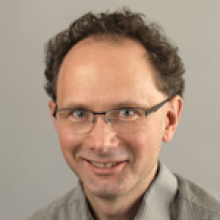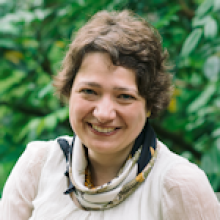Most economists agree that public goods are a key source of market failure. Traditionally, government intervention was thought to be the main solution. However, public goods can be provided voluntarily (Ostrom, 1990). Although very important, voluntary provision of public goods is not well understood in general, and the group dynamics - social norms and peer effects - that might facilitate private provision are particularly ill-understood.
The aim of this project is to improve this understanding using a rare natural experiment. In October 2020, to contain the spread of COVID-19, the University of Cambridge launched an unprecedented programme which offered a weekly COVID-19 test to most of its students. A key feature of the program is that the students are grouped into small households characterized by strong social interactions. Although participation in the programme is voluntary, by December, 60% of 15,300 eligible students were taking the test1, a high average rate which also implies a high variance in participation.
These characteristics, together with the rich data collected by the programme, have convinced us that it is worth a close study. Our plan is to use three types data: 1) student level observational data collected by the programme, 2) survey data, and 3) data from field interventions. We already have access to the observational data, have implemented one of the surveys and are preparing an intervention for Easter term 2021.
The core of the proposal is to undertake a further incentivized fi experiment in Michaelmas 2021. This can happen only if the programme continues into the next academic year, and so, this part of the application is contingent on that.
There are special features of the screening programme and the data that it generates, which, as we discuss below, should allow us to study dynamics of public good contributions and evolution of social norms in a way that has not been possible before. This means that this research has potential to break new ground, and generate top-quality publications.
We feel that this project field well with the goals of The Keynes Fund for three reasons. First, it studies a key source of market failure, public goods, and asks how it can be overcome without government intervention. Second, the research is based on empirical observation of behaviour and is done in collaboration with medics and psychologists, expanding the frontiers of traditional economics. Finally, in addition to high quality scientific output, we expect the project to generate substantial impact, as well as externalities through involving Cambridge students.
1Based on November 30 - December 6 Programme report, https://www.cam.ac.uk/coronavirus/stay-safe-cambridge-uni/asymptomatic-COVID-19-screening-programme


